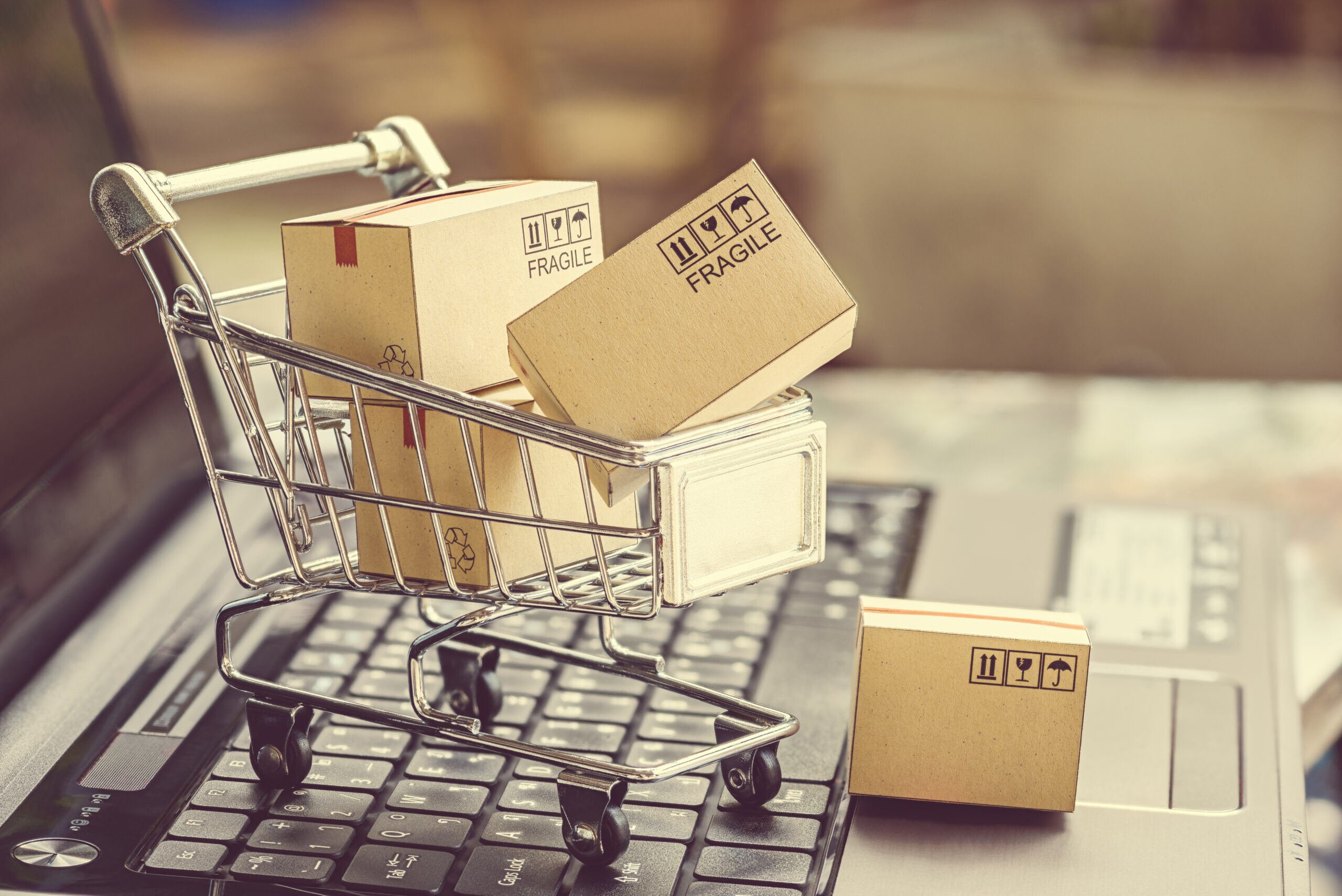Why Splitting Campaigns by Product Category could be Limiting your Shopping Growth
Having audited hundreds of retailers’ Google Shopping accounts, we have a pretty good idea of what the common campaign setup structures are. We’ve found that over 80% of retailers don’t have their accounts set up successfully for maximum growth. So, we wanted to share with you the most common mistake digital teams have been making – splitting campaigns by product category and why it harms your Shopping growth.
Splitting campaigns by product category is not what Google recommends. The reason being, not all products in a category perform as well as each other e.g. ‘women’s shoes’ may contain products with pricing ranging from £20-500+. As such, each “women’s shoe’ will drive different customers, with different purchasing behaviour, and different margins.
Creating Google Shopping campaigns based on ‘product types’ ignores the market performance of individual items within an inventory. By structuring your account this way, you’re not educating Google on how it should treat the inventory. As a consequence, Google will end up identifying only a handful of items within a campaign that can reach your Ad goals.
The underlying problem is Google doesn’t have enough data to be confident in a product’s performance, and so will never surface them again. The opposite is true too, whereby Google will over-promote products it is confident in, eventually eating away at your margins as sales plateau.
This essentially creates an imbalance of ad spend, against revenue & profit. On average, 25-40% of ad spend is wasted on products that do not generate enough revenue. The only way to combat this, is to split your campaigns by product performance.
This can be done manually, labelling products with tags such as “low margin”, “best sellers”, “summer” etc within your Google Merchant Center. You can then create a set of custom rules to treat product’s bidding differently based on their label and split campaigns by product performance.
Google can then treat all products that perform similarly, in the same way. This tends to result in a 20-30% Shopping uplift within 2-3 months.
However, this is not a one time thing. You have to keep your feed updated constantly, and move products between campaigns as factors as play change e.g. when your top sellers are limited to unpopular sizes, then you should move them to a lower spend campaign.
As you can imagine, this can become a challenging and time consuming task when you have new product lines frequently, every changing stock (size) availability, or large volume of SKUs.
That’s where Upp fits in. A fully automated solution, that blends 70+ data points about your business and market, so it knows exactly when and what changes to make to your Shopping account 24/7.
Clients who have previously struggled to grow their account with limited budgets, are now scaling their accounts to levels unobtainable with manual input, and are continuing upwards as Upp’s machine learning gets smarter with more time and data.
If you’d like to find out how to grow your account Book a free AI Audit with us today.




